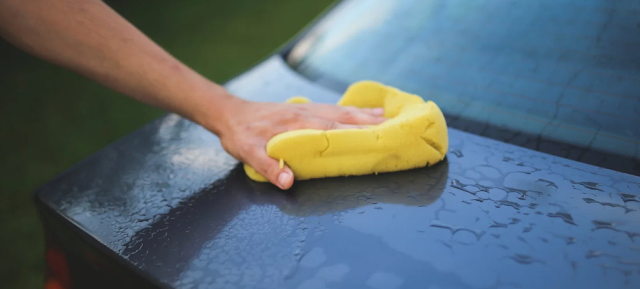The Importance of Pursuing Patents, even when money is tight

Household staples are often overlooked as materials which can be improved upon. Consumers typically use their dish racks, knife blocks, mops, and dish rags without further consideration. However, Aaron Krause, founder of Scrub Daddy, created a multi-million dollar company by hand-washing his dishes and adding a smile to the sponge. Scrub Daddy has burgeoned into a wildly successful company, which may be in large part to Krause’s patent pursuits. His first patent pursuit included a design patent (USD671515S1) filed in 2007, five years before he appeared on Shark Tank. The benefits of the design patent include its lower cost compared to a utility patent but potentially shorter shelf-life (15 years). In hindsight, this was a brilliant way for Krause to affordably protect the Scrub Daddy while suiting potential investors. Kr...







